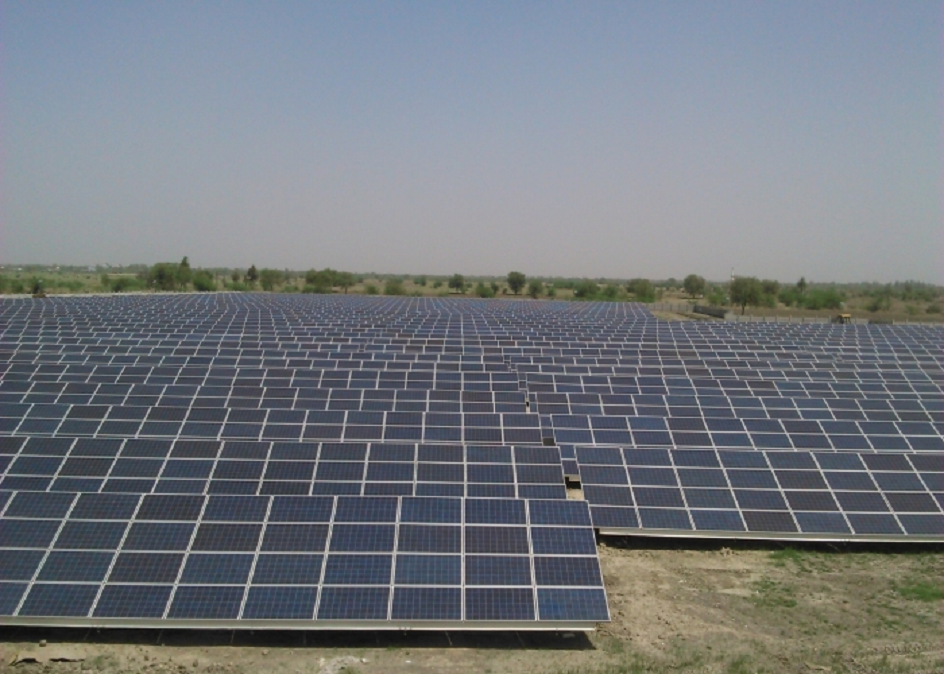- CARE Ratings has revised outlook for 11 solar power generators in Telangana to negative and
- These companies are selling solar power to state discoms from a cumulative of 574 MW capacity
- The reason assigned is weakening of liquidity position of these generators with their payments from discoms delayed by up to 11 months
- Cash strapped discoms are reliant on state subsidies for their survival which impacts their ability to pay up solar power generators enough and on time
- CARE warns timely collection of payments from the off-takers and maintenance or creation of DSRA will remain crucial for the solar power generators to improve their overall credit profile in near term
- Renewable energy companies operating in another southern state of India, Andhra Pradesh are facing problems of a different kind as the new government tries to renegotiate PPAs signed during the previous administration’s tenure
Indian credit ratings agency CARE Ratings has given a negative outlook for 11 solar power generators operating in the southern state of Telangana. These companies are selling solar power from a total of 574 MW capacity to the state distribution companies (discoms). Some of the names include big Indian renewables companies, including ACME, Renew, Mytrah among others.
In addition, CARE Ratings has also downgraded ratings on borrowing programs of Dayakara Solar Power Private Limited and Grahati Solar Energy private Limited, selling clean power from a total installed capacity of 80 MW to state discoms.
The reason the agency states for its negative ratings to these companies is ‘increased counterparty risk and weakening in the liquidity position of these generators owing to significant delays in the receipt of payments from the off-takers,’ which means the discoms in Telangana.
Solar power generators in Telangana are dealing with payment delays of up to 11 months. Tariffs ranging between INR 5.26 to INR 6.889 ($0.074 to $0.097) per kWh were fixed under long term power purchase agreements (PPAs) signed with state discoms. These companies that have an aggregate exposure of around 900 MW to state discoms out of the state’s total solar PV installed capacity of 3,621 MW till June 30, 2019.
Out of this 900 MW, only one third of capacity rated by CARE have fully created Debt Service Reserve Account (DSRA) and tied up working capital limits.
According to CARE ratings, utilities in Telangana are cash strapped and rely heavily on state subsidies to survive. This in turn impacts the solar power companies in the state that are not only seeing their liquidity position worsen with time but also see negative effects on their debt repayment which would eventually impact their O&M and desired plant availability.
“Timely collection of payments from the off-takers and maintenance or creation of DSRA will remain crucial for these companies’ overall credit profile in near term. Ratings may be downgraded if there is further delay in payments or absence of promoter’s support,” warned CARE. “The outlook will be revised to Stable in case of commencement of timely collections from Telangana DISCOMs in a sustained manner, and significant decline in the receivable days.”
Japan jumps in as Andhra Pradesh tries to re-negotiate RE PPAs
Renewable energy companies operating in another southern state of India, Andhra Pradesh are facing problems of a different kind. The new incumbent government seems hell bent on renegotiating PPAs signed during the previous administration’s tenure. Global analytics company CRISIL said this could impact 5.2 GW of capacity under stress while exposing it to an estimated debt of over INR 210 billion ($3.04 billion) (see Andhra Pradesh’s 5.2 GW RE Projects Under Stress).
Now, Japan is taking active interest in the matter as the renewable energy capacity under question in Andhra Pradesh is also funded by international investors, and some of them are Japanese companies. Japan’s Ambassador to India, Kenji Hiramatsu has written to the state Chief Minister YS Jaganmohan Reddy expressing concern on the state government’s moves which would ‘cause significant impairment to the business environment’ of the state, according to a report by The Economic Times. The article points out that Japan’s SoftBank is a major investor in renewable energy company SB Energy, one of the players in the state’s renewable energy landscape. Another Indian company ReNew Power is also funded by Japan’s JERA.












